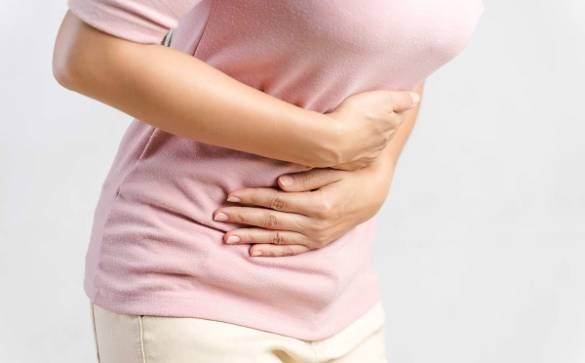Is It Low or High Cortisol in Your Case?
I often see clients that have either symptoms of high cortisol or low cortisol (did you know there was a difference?)
Symptoms of high cortisol:
- Anxiety
- Fluid retention in hands/feet
- Heart palpitations
- Nervousness
- Decreased concentration
- Hypoglycemia - craving carbs
- Sleep disturbances (falling or staying)
- Tired but wired
- Weight gain - especially around the waist
Symptoms of decreased cortisol:
- Apathy, burned-out feeling
- Hypoglycemia
- Salt cravings
- Joint/muscle pain
- Decreased stamina
- Fatigue
Why the difference?
It depends on which stage of adrenal dysfunction that you are experiencing!
The four stages of adrenal fatigue? 👇
Stage 1: alarm reaction. (high cortisol)
Stage one is your body going into an alarm mode from a certain stressor - this could be something as basic as a job interview. During the early stages of adrenal fatigue, the body produces a large amount of hormones that are required for an adequate stress response.
Fatigue is mild, and many will start turning to caffeinated drinks and stimulants to get through the day during stage one.
Stage 2: resistance response (high cortisol)
By now, the body has been subjected to a great deal of stress, and cortisol levels continue to rise. Normal activities can still be done, although exhaustion starts to become more apparent and it may take longer to feel fully rested.
Your entire hormone circuit is starting to dysregulate at this point.
Stage 3: adrenal exhaustion. (low cortisol)
During this stage, the endocrine system becomes more focused on producing stress hormones. There will be a significant decline in DHEA levels as well as your enthusiasm.
Frequent illnesses start to occur, and feelings of fatigue and anxiety are profound. This is when you'll start to experience the effects of an adrenal crash.
Stage 4: burnout. (low cortisol)
By stage four, the adrenal glands have gone offline. Once it reaches this stage, it can take a long time to bring the body back into balance.
I have a serious question for you…one that may be hard to answer.
Are you taking responsibility or accepting the conditions of your health?
Taking radical personal responsibility is crucial in order to live your own version of success!
Taking responsibility doesn’t mean blaming or shaming yourself.
It means accepting that the way we are living may be contributing to our health problems, and realizing that changes need to be made.
At the end of the day, your success is dependent upon you, so rise up and take control of your life and your health. Don’t accept where you are at if you aren’t healthy or happy.
People who take control of their own physical, mental, and spiritual health tend to live longer. Book a consultation with me today
HERE to learn more.
Check out my latest Youtube video here:



Join My Inner Circle
Thank you for joining our inner circle. Stay tuned for the latest news, research, and advice delivered straight to your inbox.
Please try again later.
Get the latest news, research, and advice delivered straight to your inbox.
Phone:
(732) 414-6223
Email: inna@realhealthsolutionsllc.com
Business Hours:
Monday & Wednesday: 11a-7p
Tuesday & Friday: 11a-3p
Thursday: 11a-5p










